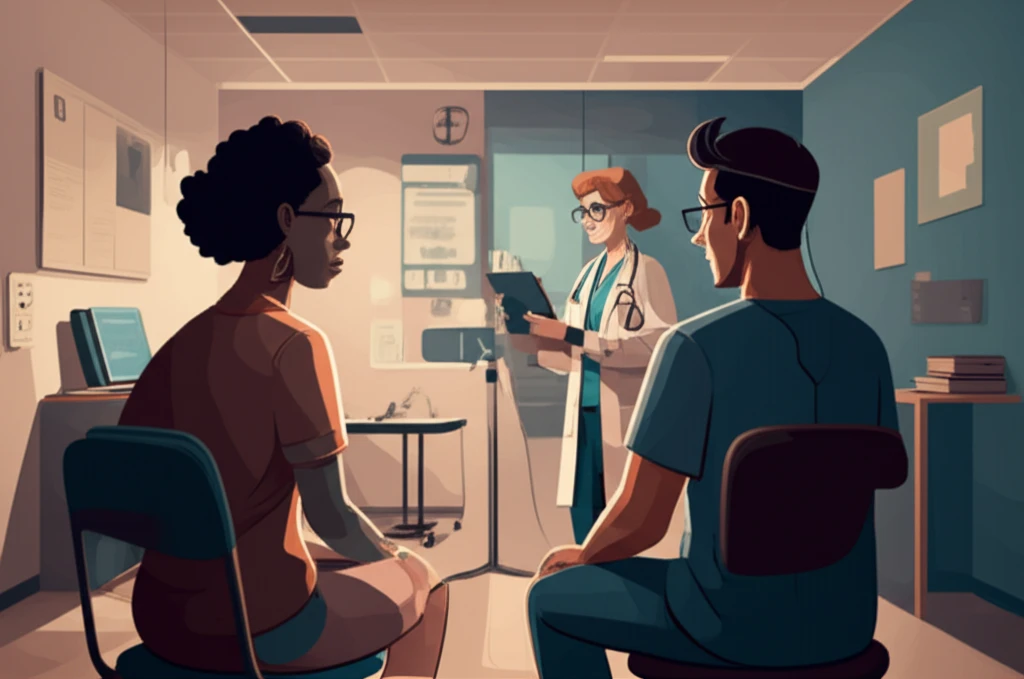
Beyond the Books: Why Soft Skills Are the Secret Weapon for Veterinary Tech Success
"Unlocking Career Readiness: How Communication, Teamwork, and Adaptability Shape Veterinary Tech Graduates"
In the dynamic world of veterinary medicine, the ability to expertly diagnose and treat animals is paramount. However, a new wave of research suggests that technical skills alone aren't enough to ensure success. As the field of veterinary technology evolves, the importance of "soft skills" – those crucial interpersonal and professional abilities – is coming into sharper focus.
This shift reflects a broader trend across various industries: employers are increasingly seeking well-rounded individuals who can not only perform technical tasks but also communicate effectively, work collaboratively, and adapt to changing circumstances. For veterinary technology graduates, this means a greater emphasis on skills like communication, teamwork, and problem-solving.
This article delves into the critical role of soft skills in veterinary technology, exploring their impact on career readiness, industry demands, and the overall success of veterinary professionals. We'll examine why these skills are essential for both new graduates and established practitioners and how the veterinary technology landscape is changing to reflect their importance.
Why Soft Skills Matter in Veterinary Technology

The veterinary field is inherently collaborative, requiring constant interaction with pet owners, colleagues, and other professionals. Effective communication is vital for explaining diagnoses, treatment plans, and aftercare instructions to clients in a clear and compassionate manner. It also ensures smooth teamwork within a clinic.
- Communication: Clearly and compassionately explaining diagnoses, treatment plans, and aftercare instructions.
- Teamwork: Collaborating effectively with colleagues to provide quality care and share responsibilities.
- Problem-solving: Adapting to unexpected situations and finding solutions.
- Empathy: Understanding and addressing client concerns with compassion.
Conclusion: Embracing the Future of Veterinary Technology
The veterinary technology landscape is evolving, and the emphasis on soft skills is only expected to increase. By recognizing the importance of communication, teamwork, and adaptability, and by actively developing these skills, veterinary technology graduates can equip themselves for lasting success. Veterinary practices and educational institutions play a crucial role in nurturing these skills, ultimately contributing to a more compassionate and efficient veterinary care system. The future of veterinary medicine hinges on a workforce that is not only technically proficient but also possesses the essential interpersonal and professional skills to thrive.
